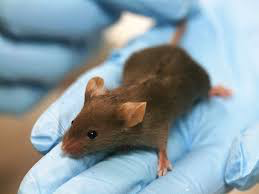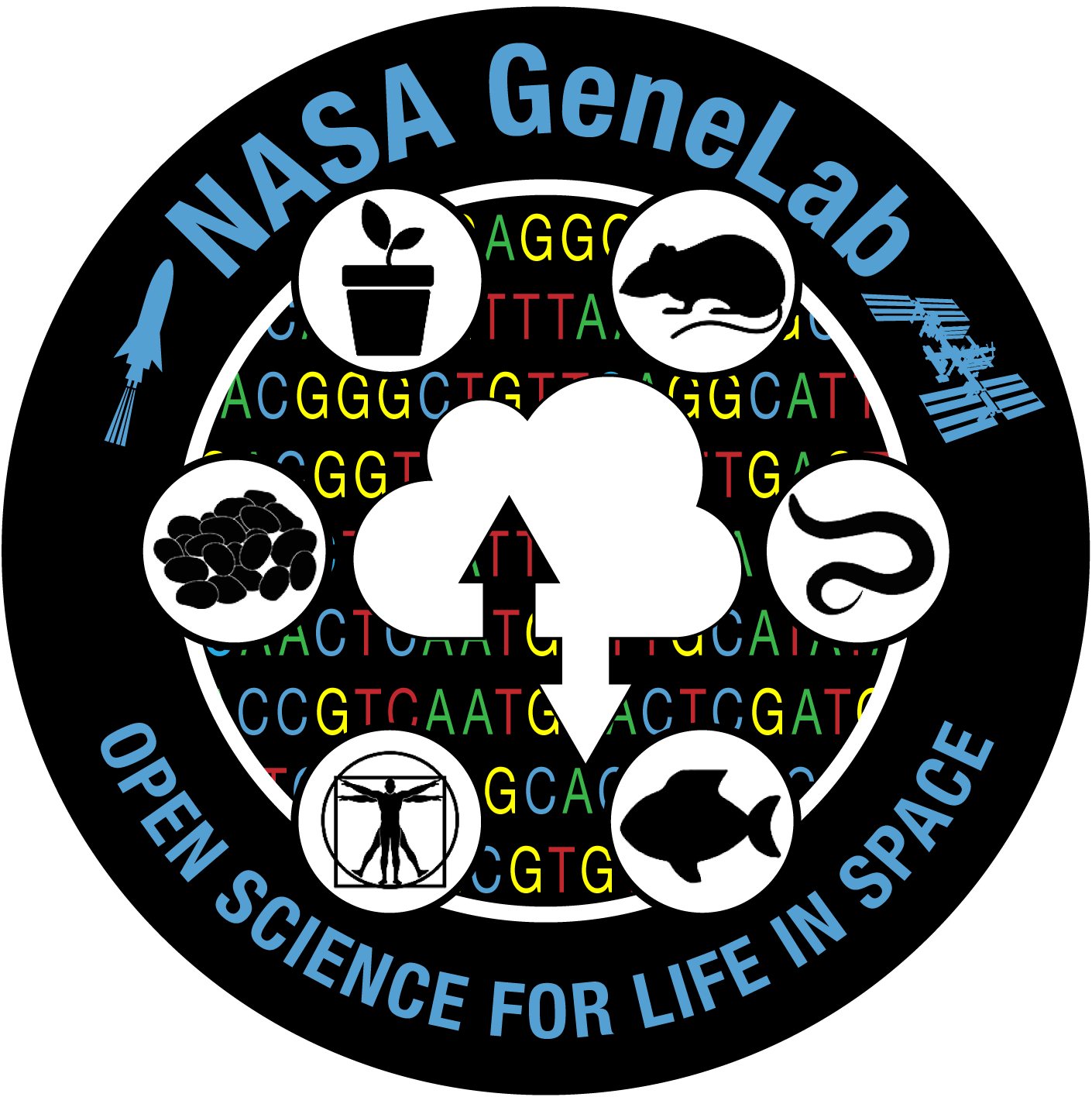
GeneLab’s Sample Processing Lab has generated 13 new RNA-sequencing datasets from spaceflight and spaceflight relevant ground studies. These datasets were generated with a consistent processing pipeline that was vetted by the GeneLab Analysis Working Groups. This results in a more cohesive set of data for the generation of new hypotheses by the Space Biology and Life Sciences communities.
The 13 datasets, listed below, contain tissue samples from mice flown on NASA’s Rodent Research-5, Rodent Research-6, and Rodent Research-9 missions, JAXA’s Mouse Habitat Unit-2 missions, and ground-based space-analog experiments. These unique datasets were generated in-house by GeneLab and are only available in the GeneLab Data Repository:
Rodent Research-6 (RR-6) mission
Objective: Evaluate muscle atrophy in mice during spaceflight and test the efficacy of a novel therapeutic to mitigate muscle wasting
GLDS-248: Transcriptional analysis of lung from mice flown on the RR-6 mission
GLDS-247: Transcriptional analysis of colon from mice flown on the RR-6 mission
GLDS-244: Transcriptional analysis of thymus from mice flown the RR-6 mission
GLDS-243: Transcriptional analysis of dorsal skin from mice flown on the RR-6 mission
Rodent Research-9 (RR-9) mission
Objective: Use mice to understand the molecular basis of phenomena that affect astronauts during long-duration spaceflight, particularly visual impairment and joint tissue degradation
Rodent Research-5 (RR-5) mission
Objective: Evaluate bone loss in mice during spaceflight and determine if treatment with a modified version of NEL-like molecule-1 can reduce or prevent bone loss that would otherwise occur during spaceflight
GLDS-241: Transcriptional analysis of femoral skin from mice flown on the RR-5 mission
GLDS-240: Transcriptional analysis of dorsal skin from mice flown on the RR-5 mission
JAXA MHU-2 mission
Objectives: 1) Increase understanding of effects of spaceflight on the gut environment (microbiota and metabolites) and immune system, using multi-omics based analysis; 2) Evaluate whether fructo-oligosaccharides added to the diet as prebiotics improve the gut environment and immune function during spaceflight
GLDS-239: Transcriptional analysis of femoral skin from mice flown on the MHU-2 mission
GLDS-238: Transcriptional analysis of dorsal skin from mice flown on the MHU-2 mission
Ground studies
Objective: Evaluate transcriptional changes in mouse skin using a ground-based model for spaceflight
Skin
Objective: Understand how molecular mechanisms are affected by spaceflight
Quadriceps
Liver
Spleens
Objective: Evaluate transcriptional changes in mouse spleens using a ground-based model for spaceflight
Interested in RNA-seq Spaceflight & Ground Data?
If you have strong bioinformatics skills or are interested in studying the biological effects of the space environment, consider joining GeneLab’s analysis working groups (AWGs). GeneLab is recruiting investigators, bioinformaticians, students, and postdocs to participate in one of four AWGs that investigate specific subsets of omics data from experiments conducted onboard the International Space Station, Space Shuttle, as well as ground-based research with relevance to spaceflight (e.g. radiation or unloading/weightlessness). The AWGs include: Animals (mammals and non-mammals), Plants, Microbes (eukaryotic, prokaryotic), and multi-omics strategies.
To volunteer, review the GeneLab Analysis Working Groups Charter and send email to arc-dl-genelab-awg@mail.nasa.gov with the name of the group you are interested in, in the subject line. Scientists having the required specialized capabilities/qualifications to support the work described in the AWG charter are asked to submit a capability/qualification statement. Submit responses electronically in PDF format. The response should include: 1) Contact information (name, affiliation, address, phone, e-mail). 2) Subject area expertise (concise description of your expertise in terms of omics analyses, including a list of relevant work and publications in the past five years).

